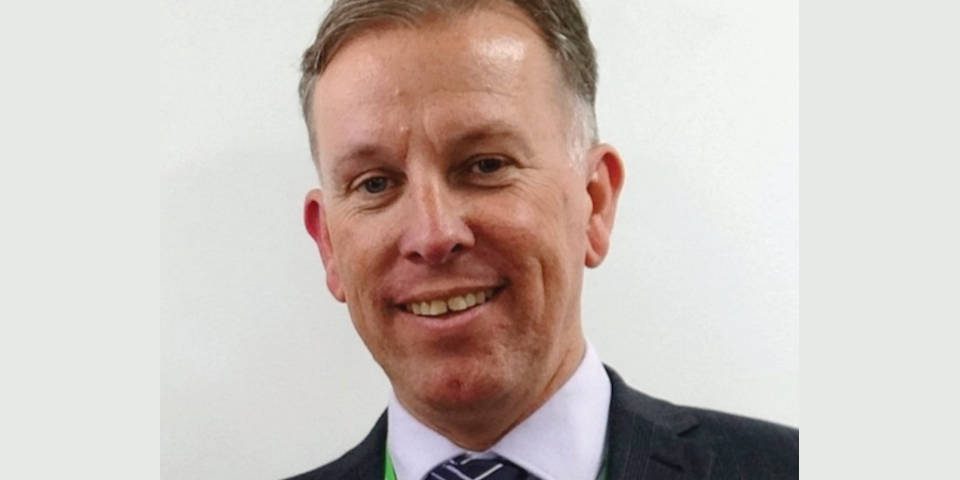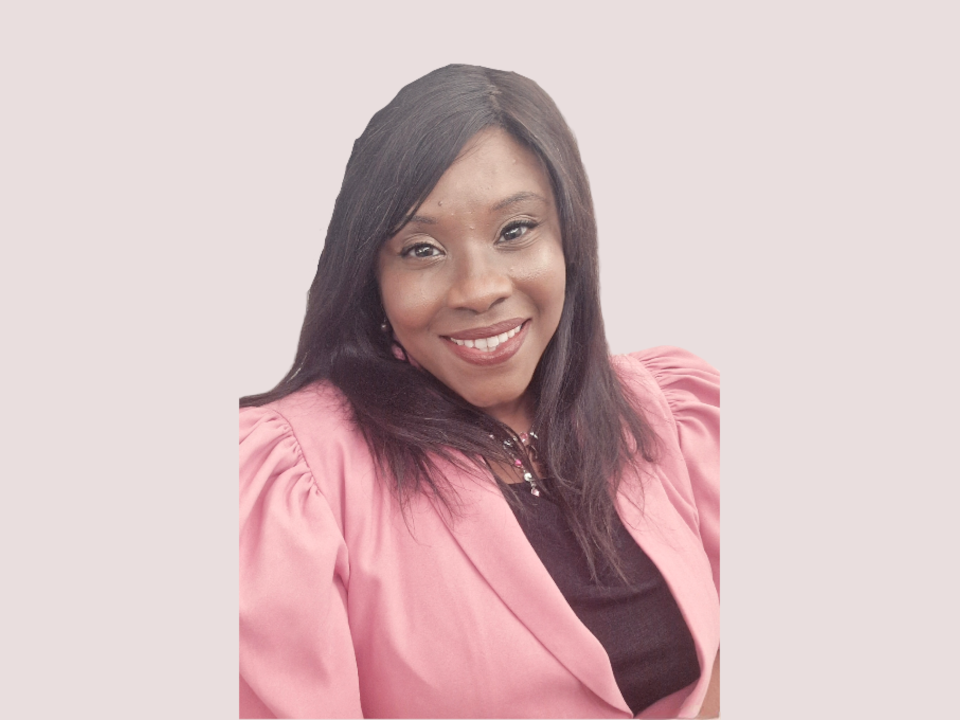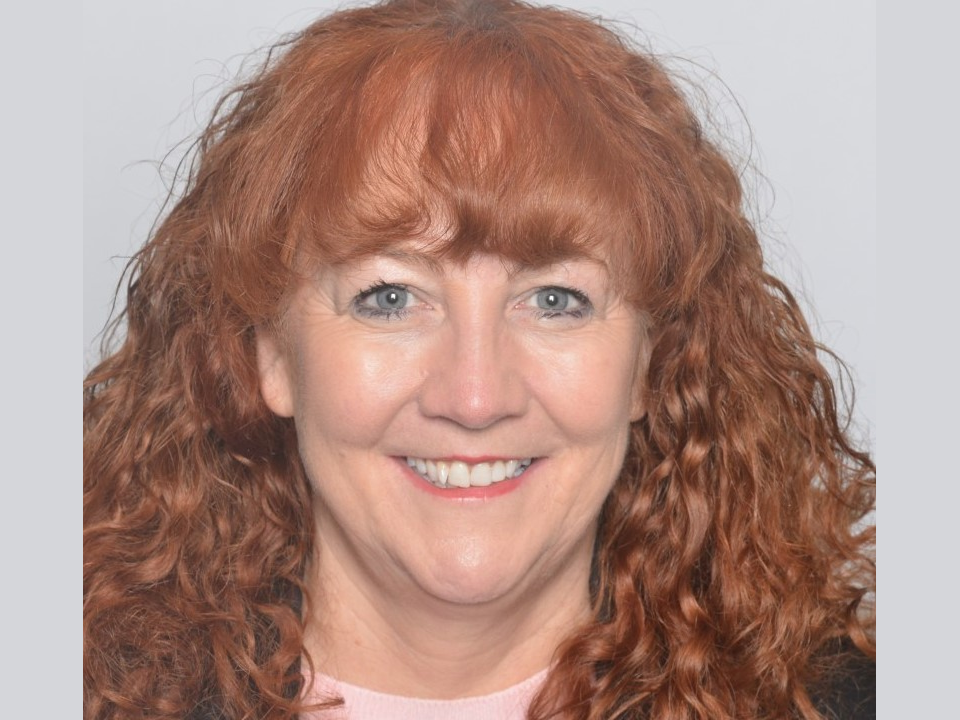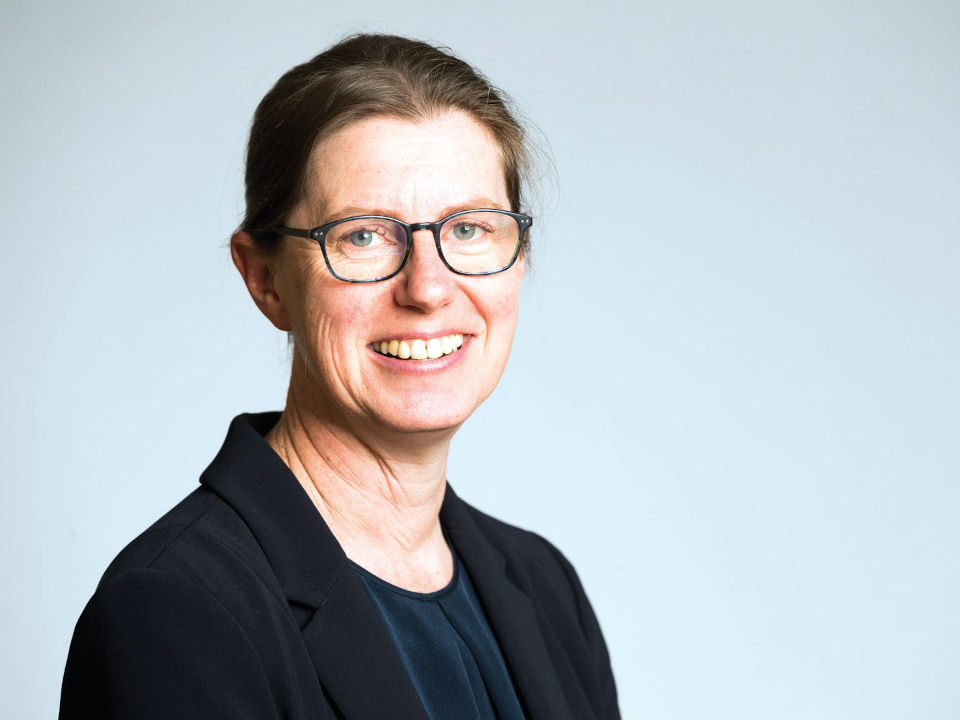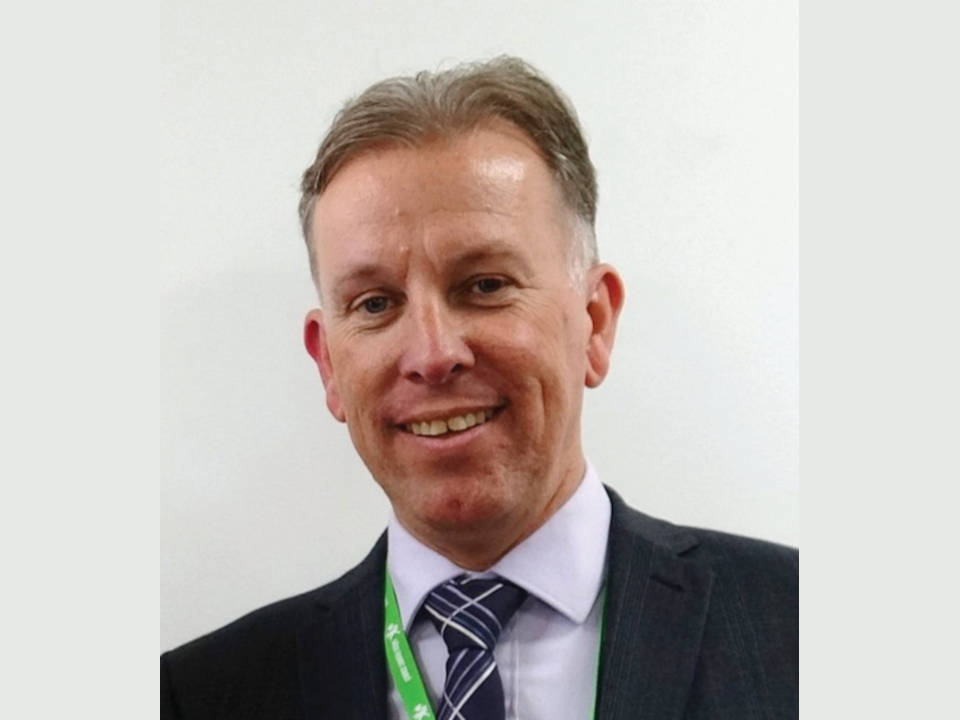
Mac Heath
Chair of the South East ADCS Region
Director of Children's Services
Milton Keynes City Council
As DCSs we have three New Years’; January as the beginning of the calendar year, April as the start of the financial year and September brings with it the new academic year. So, as we head into this latest new year, I am hoping that, despite the challenging environment in which we all live and work, and what some are forecasting to be difficult times ahead, we can stride forward retaining a sense of optimism. I know that the stamina and resilience we all need for this work will equip us well for the year ahead, despite the critical reviews of others or the unrealistic measures of success we are judged by.
In last week’s blog, Florence Kroll from the London region so eloquently spoke of the ritual of school results day. I trust we can join with our young people, whatever their exam results, in celebrating their range of achievements and talents and help them grow with a confidence so that they will understand what the true mark of success is. Many students are deciding on their next steps after their GCSE and A level results and many of us will still remember our own nervous anticipation on results day as to whether we will have secured what can be felt to be a defining endorsement, or not, of how successful we are. And, how the exam results received would give a strong indicator of how successful we will be in life. Although, as grow older, we know it’s other events, achievements and situations that are often more impactful and make the biggest difference to who we are and our understanding of what it is to be successful.
In the same way we are being told in some quarters that “things may get worse before they get better,” or that we “just need to work harder or do better,” we need to feel confident in knowing how we can recognise the difference we are making and the successes we are achieving. I often correct myself when talking about the equality of opportunity; meaning each individual, or group of people, is given the same resources or opportunities, when I actually mean trying to achieve equity in opportunity; recognising each person has different circumstances and should be allocated the resources and opportunities they need to reach an equal outcome. So, how we measure true success is always going to go beyond a single set of results and be part of a bigger story. It is often not the A* student on results day that has made the most progress or achieved the best successes over the previous year, the efforts of children in our care and care experienced young people come to mind here.
In our line of work, whether the grading put on what we do over this year ahead is more than hoped, or less than we feared, we can all commend everyone who works so hard for our young people, whilst encouraging all our young people themselves to recognise that a graded result, whatever the outcome, can be a positive step closer to a clearer understanding of what it is really true success, but it is not the thing that defines us.


